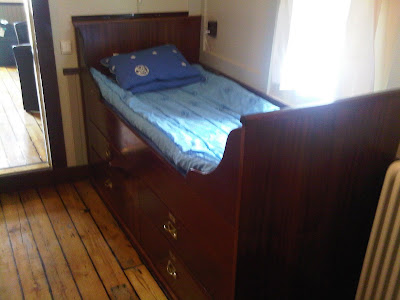I was pleased to be invited to contribute to IMAGINE, the London Borough of Sutton's Festival of Arts, this year. Last Saturday I delivered a workshop on Creating Romantic Heroes at Cheam Library, a little way along the road from Sutton. Before the weekend my only knowledge of Cheam was Railway Sidings, East Cheam, made famous by the late Tony Hancock, one of the best original comic talents of my formative years. 'Would you believe it?' from Hancock's Half Hour Tony was as funny to me as 'I don't belieeeeeve it! from Richard Wilson's later comic creation.
I chose to drive to Cheam because, according to my satnav, it was only three streets away: the M27, the A3 and the A2043. The journey was surprisingly easy including negotiating the much-dreaded traffic queue at the Hindhead Tunnel roadworks. The tunnel opens next month and I can't wait! I planned to arrive early for my workshop so I could take a look at Cheam and get a feel for the area. I wish I had allowed more time. Cheam is wonderful! I drove through Sutton, which has a thriving busy shopping centre, and out of the other side knowing I was nearly at my destination. I could not believe it when I arrived at this beautiful historic village, clearly with its own distinctive identity, called Cheam. I wandered around centuries-old, white-painted, timber-framed houses, one of which was a museum, until I found an expanse of well-kept public parkland that had once been a private estate. It sounds a cliche but it was, truly, an oasis of quiet calm a few steps away from a busy London route. I wished I had brought a picnic!
I could not linger too long as I was there to work, but noted a Waitrose to sample later, after my class. I really enjoyed my workshop. Some of the participants were acquainted from prior creative writing courses they had attended at the Festival. We had a lively discussion on who our male and female heroes were, and why we thought of them as heroic, then I asked participants to create and write about their own fictional hero. At that point I knew that everyone in the class was a writer. The room went quite and they were away, inventing characters suitable for books and stories. It was pleasing for me that all participants created memorable protagonists and were confident enough to read their work to the group. We could have gone on but time ran out and we had to say our goodbyes.
I have happy memories of my visit to Cheam, not least of which is that parking was easy and the charges were very reaonable. I hope I have an opportunity to return one day.
With best regards
Catherine










